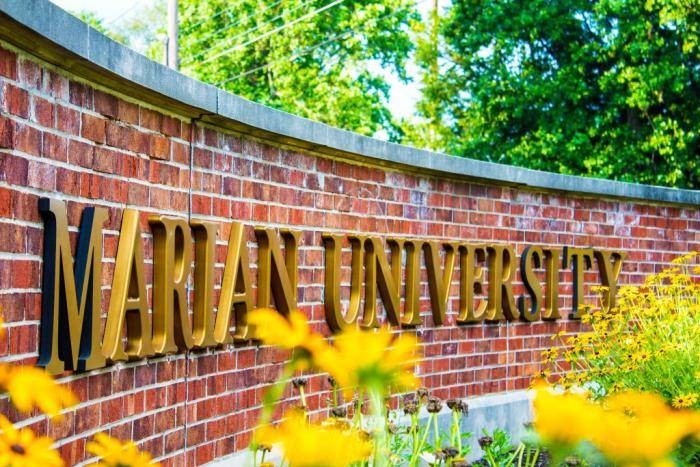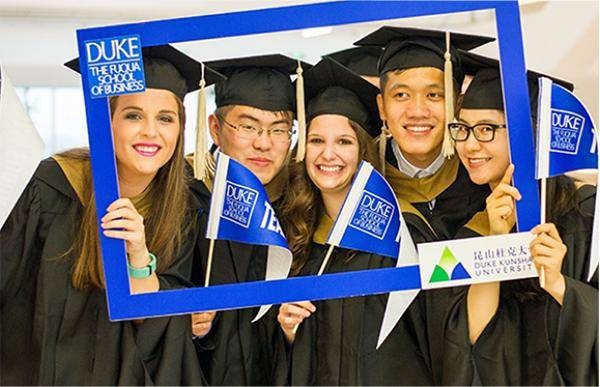
The POSSIBLE- Africa Fellowship Programme is a 24-month early postdoctoral (graduated within the last 5-10 years) fellowship opportunity for outstanding African scholars in the Social Sciences & Humanities, who propose research that aims to create evidence to inform sustainable development within the African continent. POSSIBLE- Africa is a programme of the Science for Africa Foundation (SFA Foundation) that is being implemented with funding support from the Carnegie Corporation of New York. The fellowship opportunity also aligns with the goal of SFA Foundation to address the continent’s most pressing developmental needs by generating knowledge that solves problems and informs decision-making.
About Science for Africa Foundation (SFA Foundation)
We are committed to improving the quality of lives of African people and to promoting the uptake of research in communities, industry and the public sector.
.png)
SFA Foundation POSSIBLE- Africa Fellowship Program for Social Science Investigators
| Application Deadline | 13 Jan 2023 |
| Type | Fellowship |
| Sponsor | Science for Africa Foundation (SFA Foundation) |
| Gender | Men and Women |
Aim and Benefits of SFA Foundation POSSIBLE- Africa Fellowship Program for Social Science Investigators
The fellowship aims to build a critical mass of independent African research leaders in the SS&H to lead science programmes at local and international levels. These leaders will have the capacity to engage successfully with funders, policy makers, communities, and other stakeholders, and to serve as mentors and supervisors for the next generation of researchers in Africa.
The objectives of the fellowship programme are:
- To form a high-quality and equitable cohort of postdoctoral fellows in the social sciences and humanities (SS&H).
- To develop emerging independent research leaders and enhance training in SS&H.
- To establish a SS&H advisory board to guide POSSIBLE Africa fellowships and other SS&H initiatives of SFA Foundation.
The POSSIBLE-Africa fellowship programme will provide funding of up to USD 65,000 to 15-25 emerging SS&H leaders to conduct research addressing topics related to regional goals and those of SFA Foundation. The opportunity will be open to African scholars proposing to conduct research at a higher education institution or research centre in any African country. At least 50% will be women, with at least 2 from each regional block of the continent (Eastern Africa, Western Africa, Northern Africa, and Southern Africa).
Requirements for SFA Foundation POSSIBLE- Africa Fellowship Program for Social Science Investigators Qualification
African Scholars who have completed their PhD in any SS&H discipline in the last 5-10 years prior to the application date are eligible to submit a proposal for funding through the POSSIBLE-Africa fellowship programme. Applicants must be citizens of any African countries. Applicants must have an affiliation (academic or non-academic) with an African Institute of higher learning or research Centre in any African Country. Females are encouraged to apply, as are scholars from marginalized and disadvantages groups.
Applications are more likely to be successful if they can demonstrate:
- long term institutional commitment (i.e., commitment to retain them after the fellowship) and
- that they will contribute an existing body of data to the public domain (e.g., empirical data built up through numerous related consultancies, which are suitable for theoretical analysis with a view to producing scientific outputs during the fellowship)
Fellowships are typically expected to support scholars who commit to full time research with a minimal (maximum six hours per month) teaching load. Part-time fellowships will also be considered if the programme of research can feasibly be completed within 24 months with a part-time commitment, and the need for and benefit of the part time commitment is justified. Justifications for part time commitment may include enabling women scholars to balance family and work commitments. Applicants must be able to complete the requirements of the fellowship in English.
The application is going to open to English speaking African scholars in SS&H who:
- have a minimum of 5 years post-PhD research experience and maximum of 10 years from the call date. This will allow the fellowship to focus on scholars who really have made a commitment to research. Additionally, it will attract an applicant pool able to focus the fellowship on across national, multicounty, and smaller regional questions.
- have an affiliation with an African higher education institution or a research center allowing for a mix of experiences and networks to be represented. However, the multi-step selection process will pay special attention to the fellow’s prospects for eventually contributing to the formation of future researchers (through teaching and supervision) a core objective of the POSSIBLE-Africa fellowship. Such a process ensures that researchers in non-teaching institutes are not excluded while ensuring a wide range of experiences and representation of SS&H scholars. In addition, it allows funding to trickle down to African universities who benefit so immensely from it through master’s fellowships, mentorship, training etc.
- Similarly, to ensure broad range of inclusion and representation for the purposes of this fellowship applicant affiliation can be non-academic or academic track. With nonacademic referring to those who are not necessarily salaried by the institution, visiting scholars etc. Furthermore, this provides an opportunity for a larger pool of applicants recognizing that SS&H scholars are especially facing intense competition for extremely scare opportunities in academia. However, to ensure that the POSSIBLE-Africa fellowship does not serve to reinforce the itinerant researcher phenomenon and/or feed organizations that welcome early-career researchers only if they bring salary and research money with them, support letters will clearly need to demonstrate the career path of the applicant post-fellowship.
- Proposal can cover the breath of SS&H to include both core humanities disciplines, quantitative and qualitative SS&H. Covering the SS&H in its entirety will make the POSSIBLE-Africa fellowship the first of its kind in Africa. Importantly, such a training will have a huge strategic impact on the continent to build a pool of multi-disciplinary researchers that can be called on to answer the continent's problems in a holistic manner. This is a core long term objective of the POSSIBLE-Africa fellowship.
Interview date, Process and Venue for SFA Foundation POSSIBLE- Africa Fellowship Program for Social Science Investigators
SS&H scientists proposing to conduct basic (pure) or applied research in any SS&H discipline are eligible to apply for a POSSIBLE-Africa scholarship, if their research will produce knowledge to inform the theme of improving lives by creating evidence to inform the range of problems facing the continent. Applicants will be asked in their application form to provide a statement outlining how their research is aligned with or relevant to priorities of:
- a specific African community (geographic or interest-based)
- their host institution’s research strategy; and/or
- local, national, continental and/or international priorities
Applicants will be required to develop proposals that address the theme of improving lives by creating evidence to inform the range of problems facing the continent in addition to other relevant research outputs. Mixed method proposals will be encouraged.
| Application window opens | Oct 10, 2022 |
| Webinar for applicants: | Watch the Recording |
| Application window closes: | January 13, 2023 | 1700hrs EAT |
| Review: | Feb 13 – Apr 07, 2023 |
| Interviews: | May 22 – June 9, 2023 |
| Final selection: | Jun 23, 2023 |
| Awards and onboarding: | Sep 1 – 30, 2023 |
| Implementation: | Oct 2, 2023 – Sep 30, 2025 |
Application Deadline
January 13, 2023How to Apply
Interested and qualified? Go to Science for Africa Foundation (SFA Foundation) on agaseke.scienceforafrica.foundation to applyApplications should be submitted via the SFA Foundation’s grant management system Agaseke accessed on the link above.
For more details visit: SFA Foundation website.

